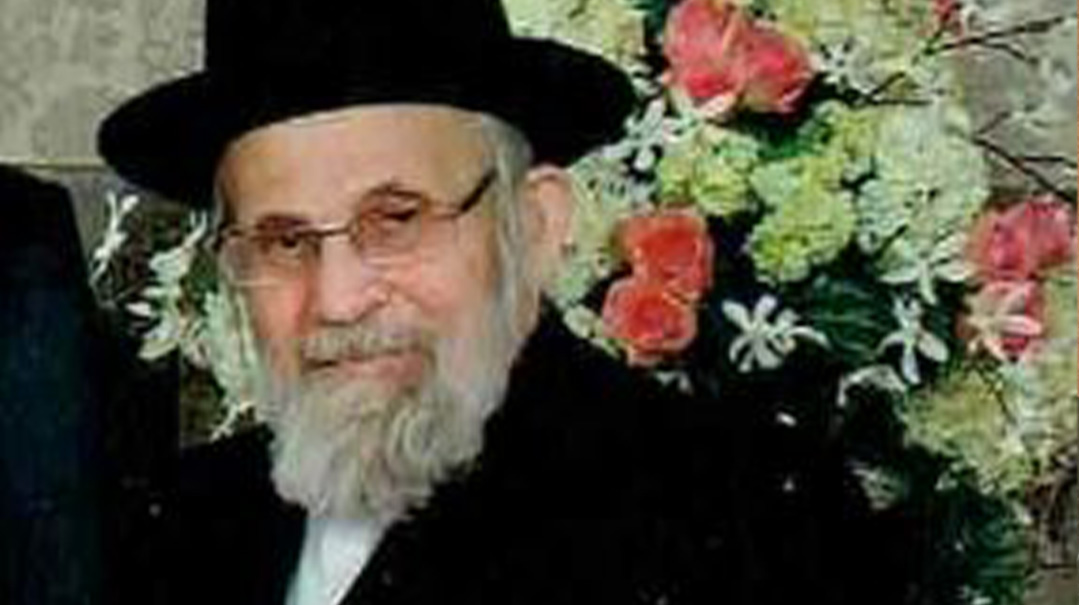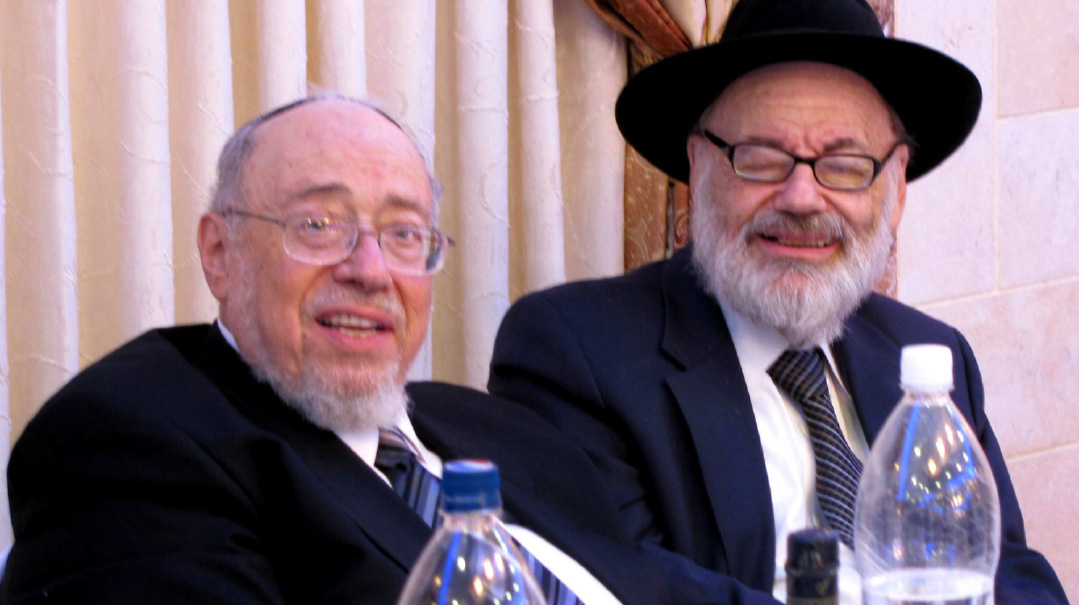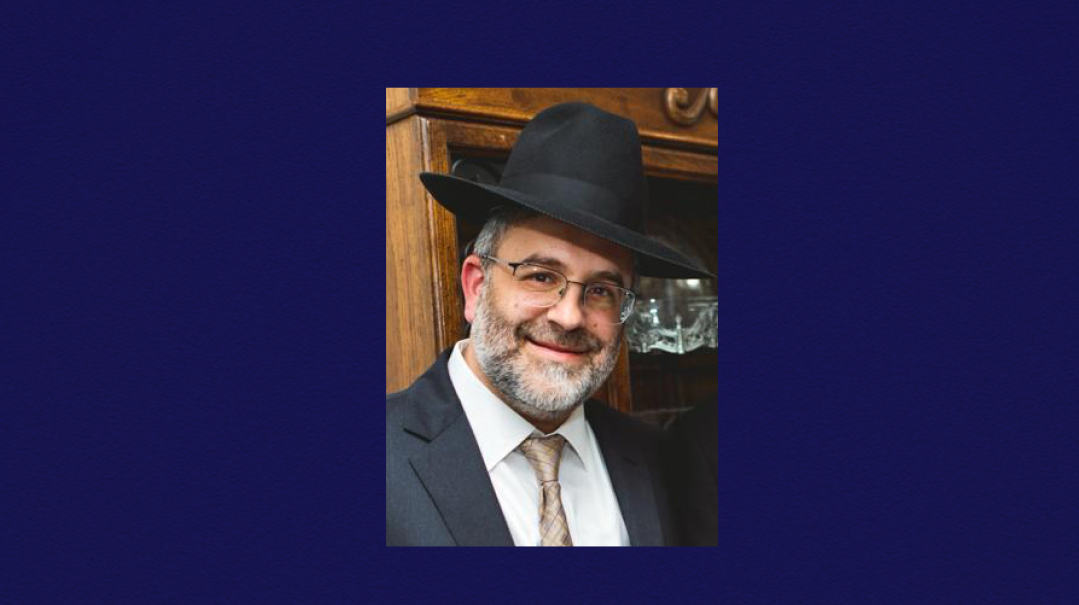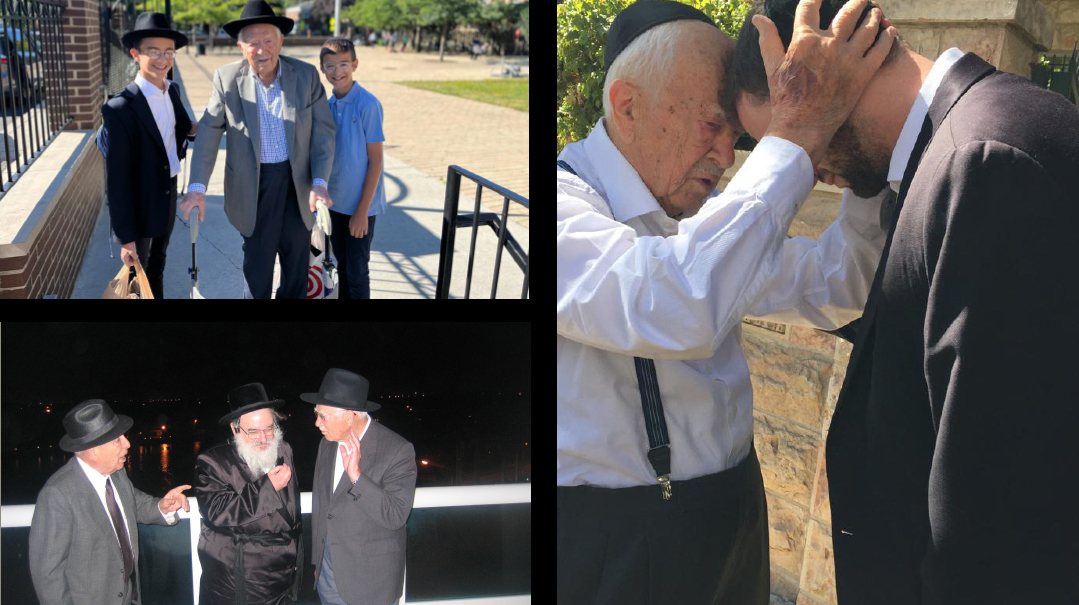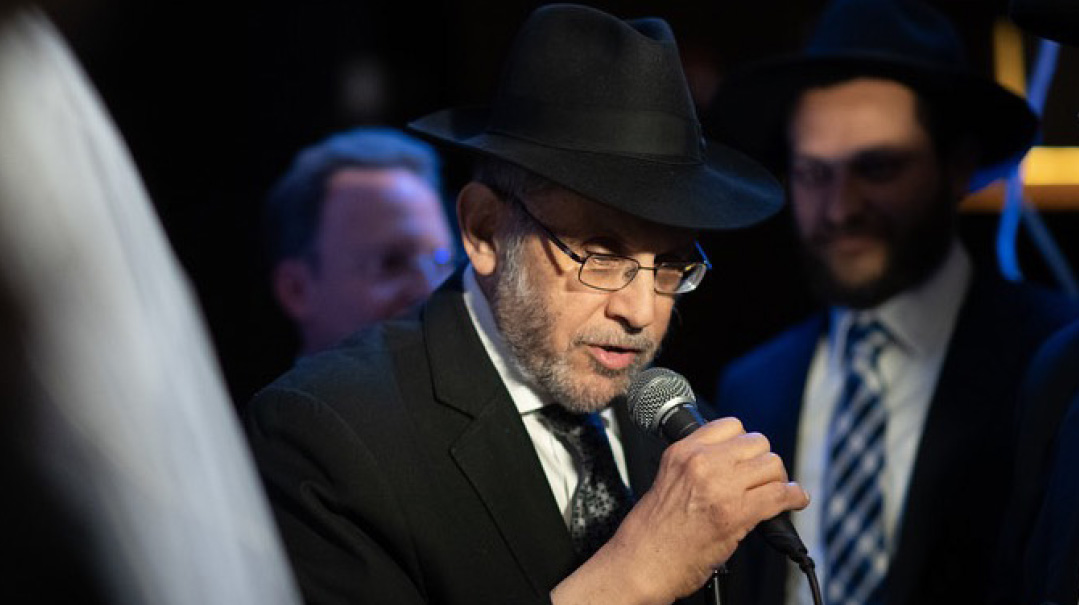See the Sweetness
| January 11, 2022In tribute to Rebbetzin Temi Kamenetsky
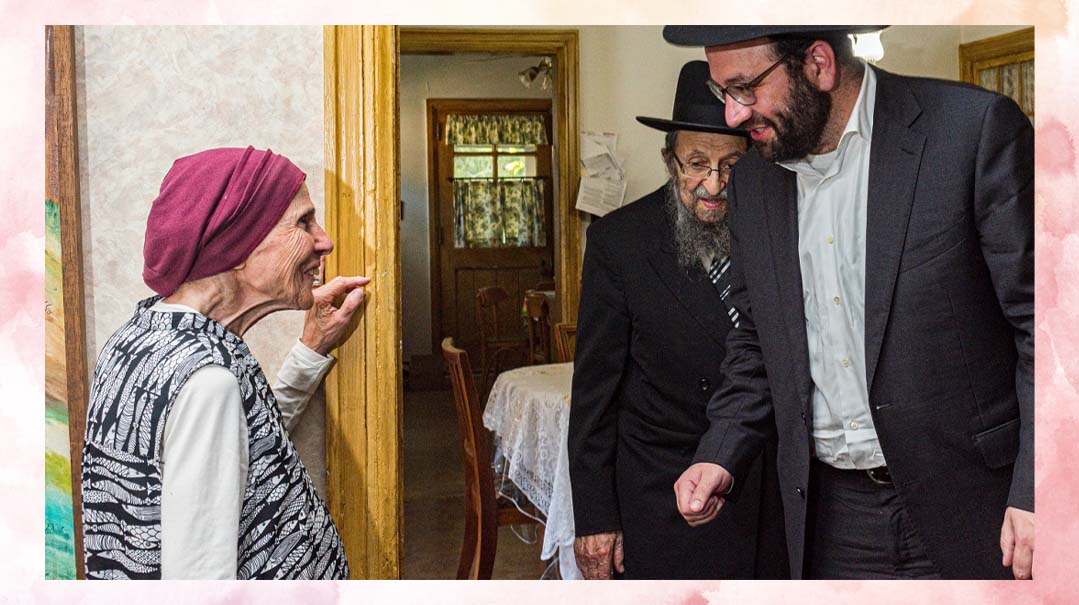
When Rebbetzin Tamah (Temi) Kamenetsky a”h, the wife of Philadelphia Rosh Yeshivah Rav Shmuel Kamenetsky, passed away last Sunday night at the age of 92, she left behind more than an illustrious family of sons and sons-in-law who are roshei yeshivah and marbitzei Torah, daughters and daughters-in-law who are the pride of their communities. She left behind a legacy of Torah wisdom, deeply-rooted faith and down-to-earth common sense through which she navigated nine decades in the service of Hashem and her community.
Rebbetzin Kamenetsky was born in the Bronx and grew up in Brooklyn, where she attended Rebbetzin Vichna Kaplan’s seminary. She married Rav Shmuel over 70 years ago and became a kollel wife in Lakewood, a rarity back then, until Rav Aharon Kotler sent his talmidim to different locations to establish yeshivos. Rav Shmuel was sent to Los Angeles and then Philadelphia, where he established the Talmudical Yeshiva of Philadelphia.
In a wide-ranging interview with Mishpacha’s Leah Gebber several years ago, the Rebbetzin shared how she felt being married to a rosh yeshivah a gadol. “I don’t think I feel different from anyone else,” she said. “It’s interesting though, we say in Ashrei, “Posei’ach es yadecha u’masbia l’chol chai ratzon.” Hashem is our loving Father, and every father wants to see his children happy, so He gives us what we truly want. I always loved hearing bochurim learning, so my loving Father gave that to me — I get to hear Torah all the time.”
In real life, however, Rebbeztin Kamenetsky didn’t just satisfy her love of Torah by listening to the sing-song of bochurim, of her sons or of the Rosh Yeshivah. She herself was always learning, always attending shiurim and encouraging other women to do the same.
“When I learned Pirkei Avos and read the words ‘Asei lecha rav,’ I always thought it was a nice suggestion,” the Rebbetzin related. “And then I saw the problems that come to our door. The first question my husband asks is, ‘Who is your rav?’ And nine times out of ten, the person doesn’t have a rav. A woman, too, should have a rebbetzin whom she can speak to, discuss her life with. It’s a command, not a suggestion.”
FOR THE REBBETZIN, there was no one too “beneath her” when it came to learning something from someone. “Most of us have certain figures in our lives whom we respect, whom we learn from,” said a daughter-in-law at the time. “My mother-in-law learns from anybody and everybody. No one is beneath her — although they may know little about Torah, she will drink in their knowledge about their own field of expertise. She loves to hear about what my kids are learning, and when she hears something interesting about nature, she’ll exclaim, ‘Remarkable! Isn’t Hashem’s world remarkable?’”
And that’s why she was able to see the specialness in every Jew. “When we were children,” the Rebbetzin related, “we never discussed tzniyus. It was a nonissue. Girls who wore short sleeves then are today prominent rebbetzins. Now it’s become such a big issue, but in truth, the essence of tzniyus is behaving with the dignity befitting a bas melech. While our royal status defines the clothes we wear, it can’t stop there. We have been given a code of behavior — the Torah — that teaches us how a royal family must behave. And the Torah teaches the halachos of bein adam l’chaveiro — to treat our fellow Jews with sensitivity and dignity. When we accord others respect, they will live up to their endless potential. Yidden are holy, sweet. We have to see the sweetness in every Jew.”
Rebbetzin Kamenetsky never kept her knowledge to herself, always looking for ways to give some of it away. She was well into her 80s when she travelled to Russia to speak to women there.
“When my mother-in-law came back from Russia,” said her daughter-in-law, “she talked so much about how thirsty the Jews there are, how keen they are to learn and grow. ‘The beauty of the Jewish soul!’ she’d exclaim. ‘We are so proud to be Jewish when we see how much people care for their Yiddishkeit, though it has been denied them for decades.’”
For Rebbetzin Kamenetsky, though, it was only natural.
“When I was in school,” she said, “Rebbetzin Wachtfogel a”h taught us Yirmiyahu, and I’ll never forget one of the lessons she gave. Yirmiyahu lived through the destruction of the Beis HaMikdash. He was given terrible prophecies to convey to the people, and yet he was unable to bring the Jews to teshuvah. If Hashem knew that Yirmiyahu would not be successful, why did He give him this heartbreaking nevuah? If you want to know the agony that Yirmiyahu went through, just imagine a mother standing by a swimming pool. Her son is flailing in the water, going under. She is unable to save him. That was the pain Yirmiyahu experienced, again and again. But he was told, ‘If you save one, it’s worth the nevuah.’
“These words should encourage all of us. Every child of Hashem is so precious. If we save just one, it’s all worth it.”
(Originally featured in Mishpacha, Issue 894)
Oops! We could not locate your form.

